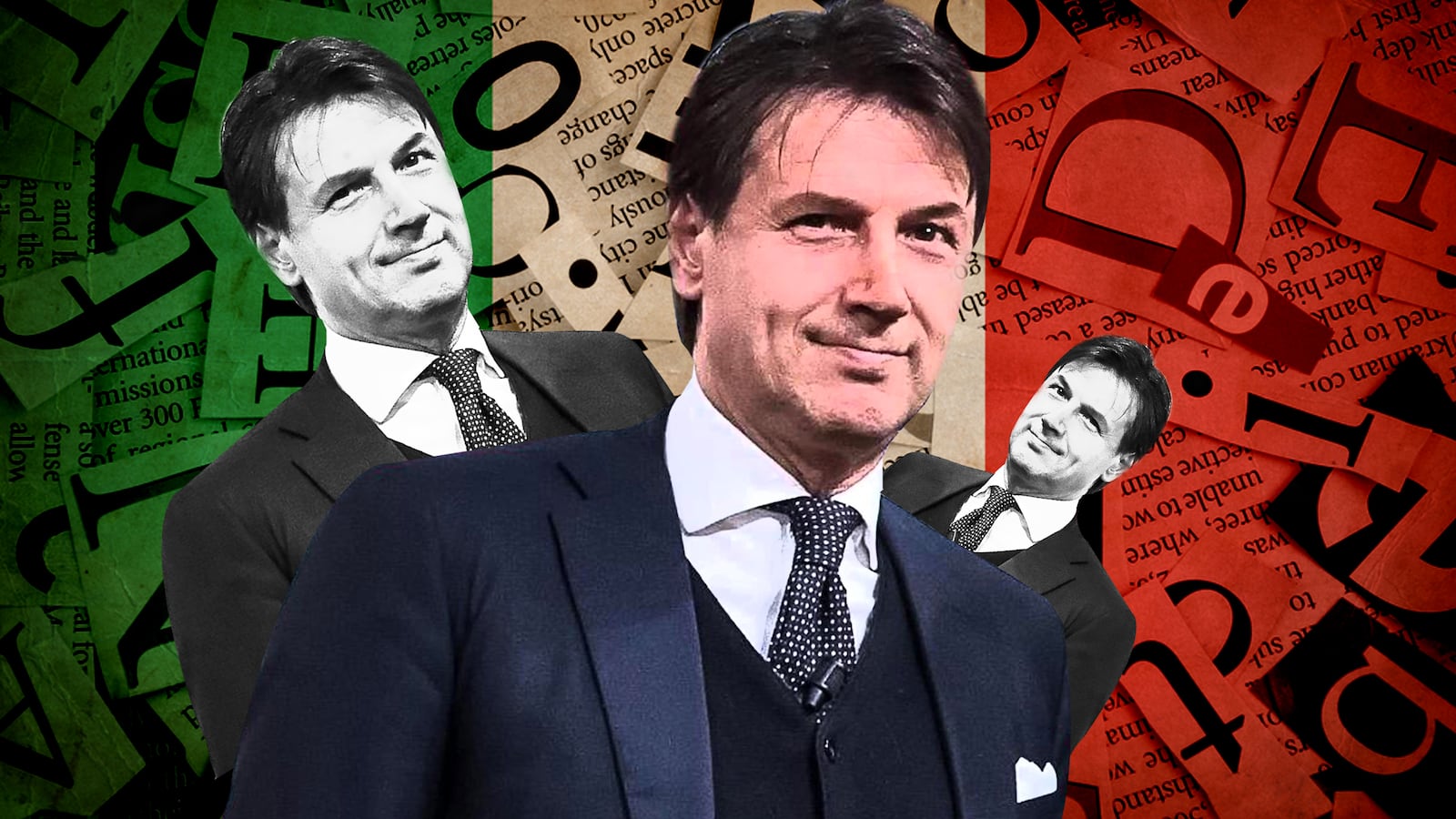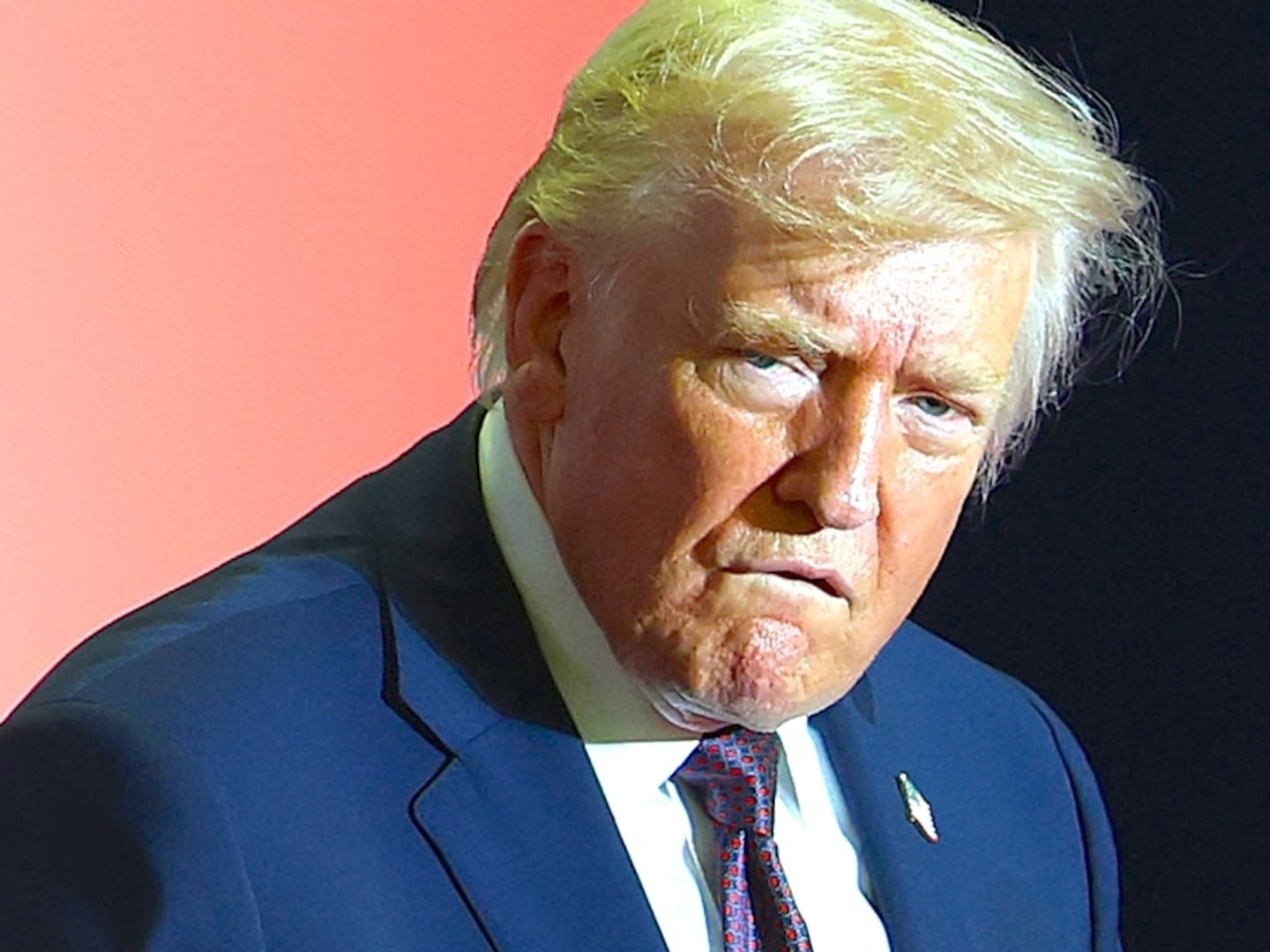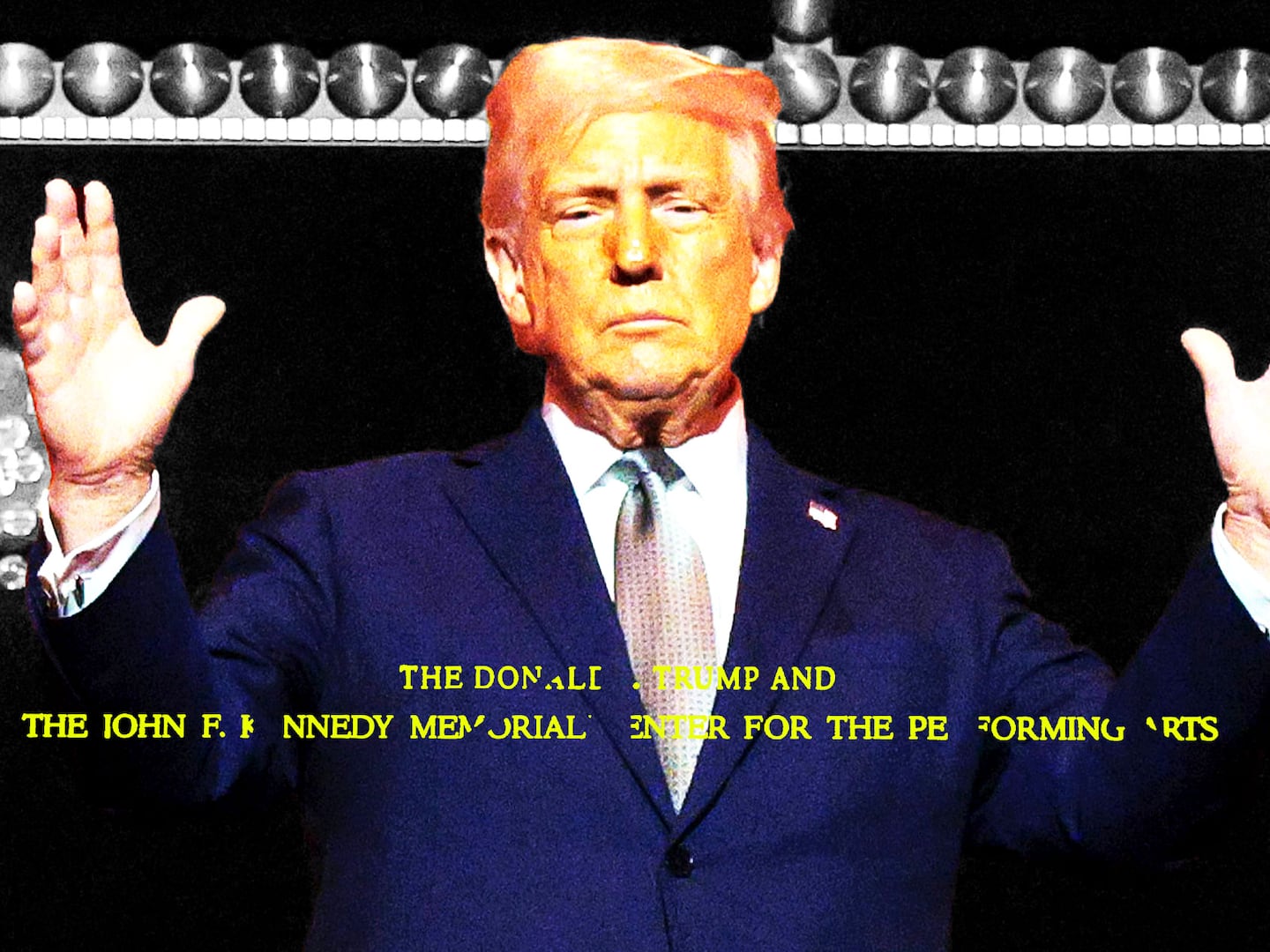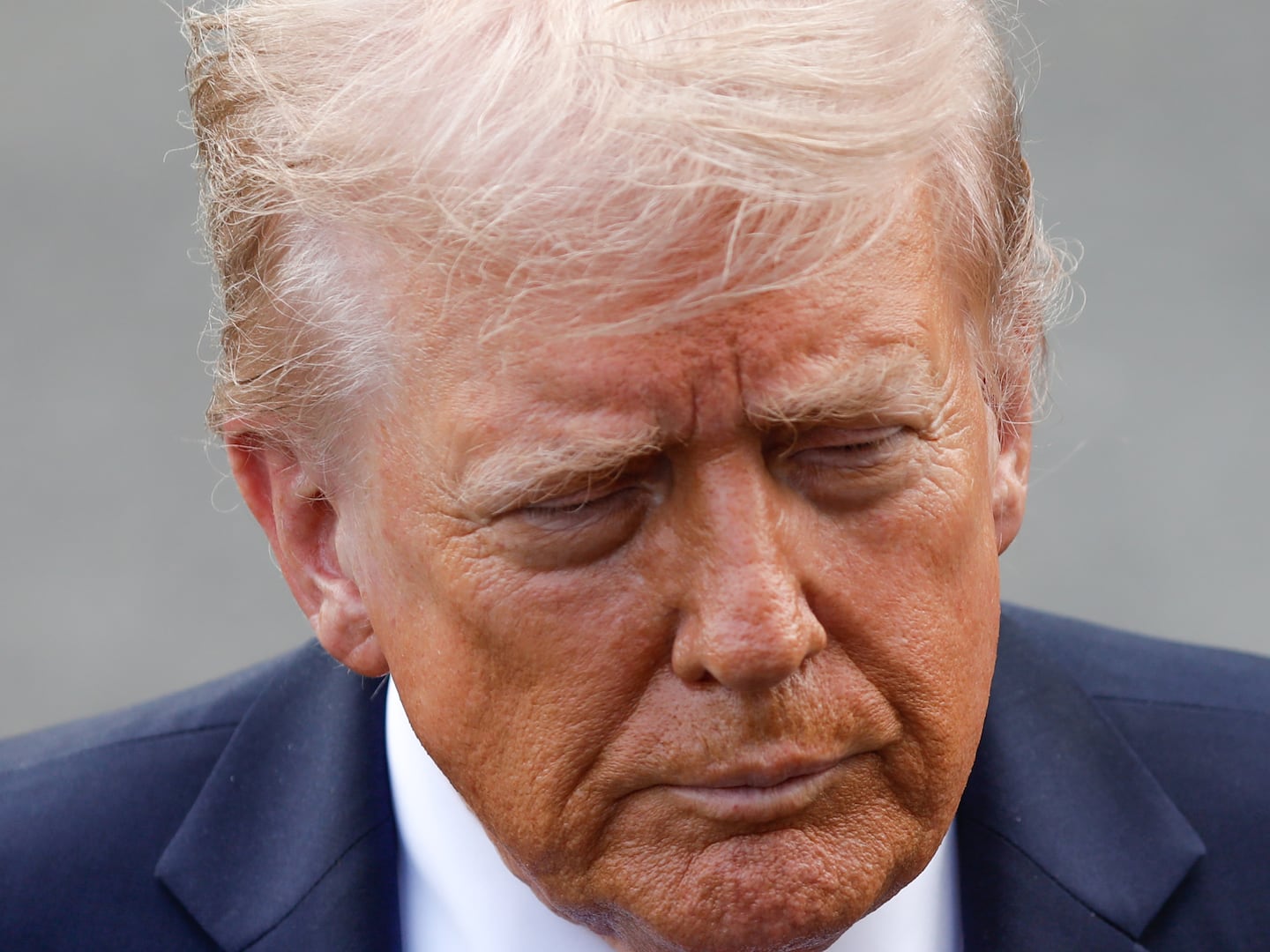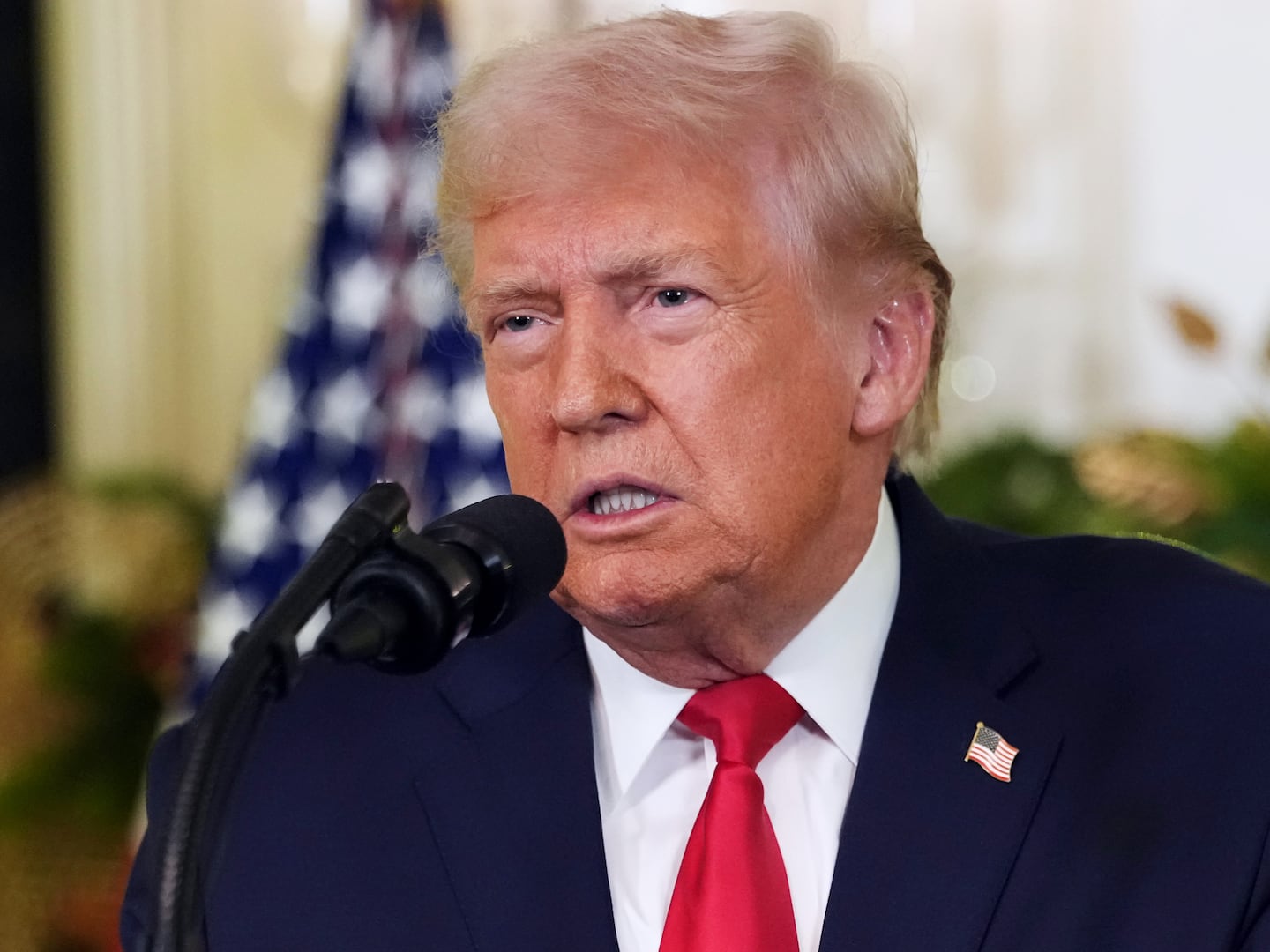ROME—It’s not exactly a vote of confidence. A law professor with absolutely no political experience and even less name recognition, who was just tapped as the new prime minister, had only his impressive academic resume to speak for him. But the details on the curiously long resume—12 pages mentioning stints at Yale, Cambridge, New York University and Kulter Institute in Vienna—appear to have been greatly exaggerated. Apparently, and perhaps tellingly, the apparent exaggeration wasn’t enough to disqualify him for the job. In fact, it probably helped him.
Still, on Tuesday, the New York Times broke the news that a spokesperson from NYU told it, “A person by this name does not show up in any of our records as either a student or faculty member” when it asked about Conte’s alleged studies there in the 1990s.
It was soon discovered that other universities were misrepresented on the professor’s resume, including Kulter Institute in Vienna, where Conte claimed to have studied law for three months. It’s actually a language school. And the University of Malta, where ‘he said he taught a class called “European Contract and Banking Law,” told the Associated Press they never heard of him or offered that class. Sorbonne University in New York told Reuters that they didn’t have Conte in their registrar records, either. “That doesn’t necessarily mean he didn’t come here,” a spokesman said. “But we have not yet found his name in our records.”
One might think the leaders of the far-right League and anti-establishment Five Star Movement, the two parties that won the most seats in March 4 elections—might have vetted their compromise candidate. But apparently not—at least one would hope they didn’t accept such exaggerations from the man they chose to lead Italy. That job was left to the media, namely the foreign press, which is now being blamed by League party leader Matteo Salvini for “interfering with a foreign state” and threatening action against press freedom once his government is in place.
Threatening the media for exposing the truth is, of course, a finely tuned practice in the United States where Salvini’s political idol Donald Trump makes a regular practice of threatening truth with jail time. The fact that the trend is spreading is particularly worrying.
In the case of Conte’s curious curriculum vitae, the fake news came from the candidate himself, but his political party supporters, who continued to support their candidate on Wednesday morning, were quick to explain that while Conte may have written “studied,” he actually meant he attended seminars. And when he used the word taught, he could have easily meant instead he gave a guest lecture, which may not have been logged by the institutional administrators. The Five Star Movement issued a statement in which it said Conte “had never boasted" about having degrees from Ivy League schools. Instead, he simply "stayed abroad to study, enrich his knowledge and perfect his juridical English.”
That, of course, is an easy mistake to make—once. But it’s not such a great sign multiple times on the only document of record for an unknown nominee for the top job in the country.
Shockingly perhaps, Conte got the job anyway.
Italy’s president, Sergio Mattarella, who has been essentially playing since the March 4 election with puzzle pieces that don’t quite fit together and which will at any rate never form a pretty picture, decided that Conte is probably the perfect choice.
Conte, who will lead the rambunctious far right League and anti-establishment Five Star Movement on what promises to be a wild ride. It appears that Salvini will be given the Interior ministry dossier with a focus on anti-immigration, and Di Maio will instead likely head the Labor Ministry, where their party program appears to in contrast to the European Union ideals.
Conte made a brief statement after leaving Mattarella’s presidential palace, describing his primary role as “a defense attorney for the Italian people.” But it is yet unclear who or what he is defending Italy from? Migrants, the Eurozone or maybe the ruling party leaders.

